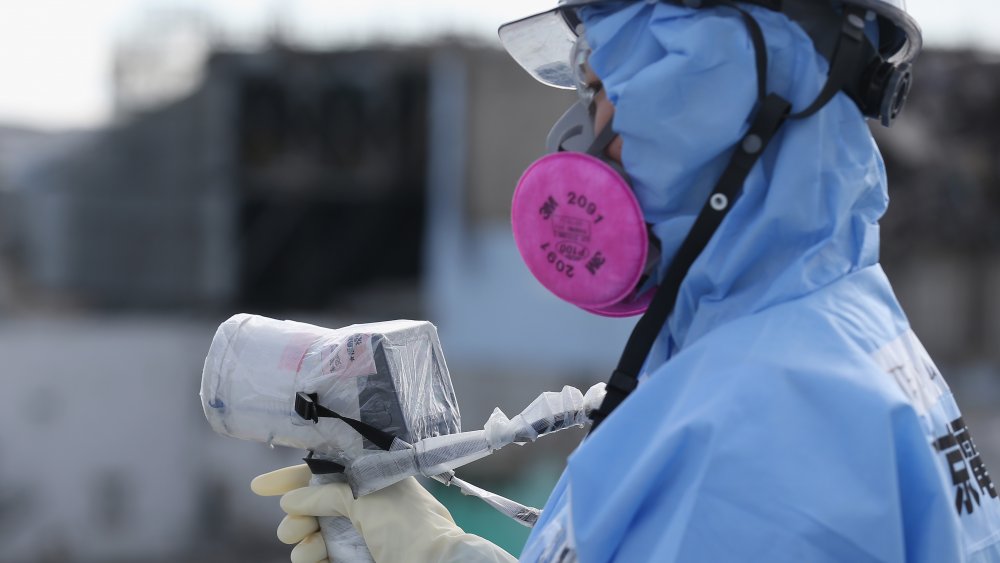Japan Proposes Release Radioactive Fukushima Water To Sea Or Air
It's a question that people have been wrestling with for thousands of years: "What are we going to do with all this gosh danged radioactive waste from that time when we accidentally caused a gosh-danged massive nuclear power plant meltdown?"
Luckily, the Japanese government has offered what seems like a permanent, unproblematic, and definitely-won't-come-back-to-bite-anyone solution. In a move that's already being called "probably not just an attempt to make a real life Godzilla," the economy and industry ministry of Japan this week proposed that the radioactive water accumulating at the Fukushima nuclear plant be released into the sea or evaporated and allowed to fly free like a beautiful carcinogenic bird, according to the Associated Press.
Commence Operation "Godzilla Creator"
It's been the better part of a decade since the meltdown at Fukushima's Dai-ichi reactor, and the plant's core has been kept cool ever since through the application of a whole bunch of water. Unfortunately, pouring cool refreshments onto a pile of radiation has the practically unforeseeable effect of irradiating the water, and authorities have been struggling to find a place to put all of their barrels of atomic H2O. Storage space is running low, and it's time to get serious about finding a permanent fix.
Now, authorities are considering following in the footsteps of terrified SeaWorld managers and the guys who needed to get rid of Jimmy Hoffa's body: they're maybe just going to throw the problem in the ocean and hope it takes care of itself. Fishermen in the area have been vocal about the potential dangers of dumping one million actual tons of radioactive waste into the sea, which might be why the Japanese government has also floated the less problematic idea of evaporating the contaminated water and letting it out into the atmosphere. If enacted, this plan could potentially cause superhero origin stories to increase as much as tenfold over the next several years. Diluted amounts of tritium in the atmosphere would be relatively harmless, according to scientists who probably didn't go back to their labs after making the statement so they could stare at a giant globe and mutter the word "soon" over and over again.

